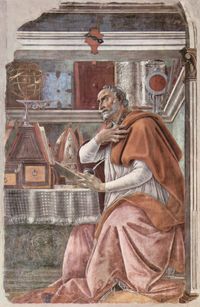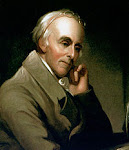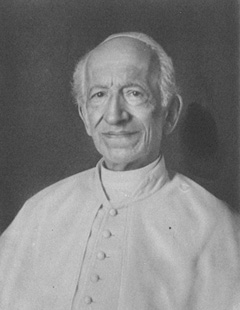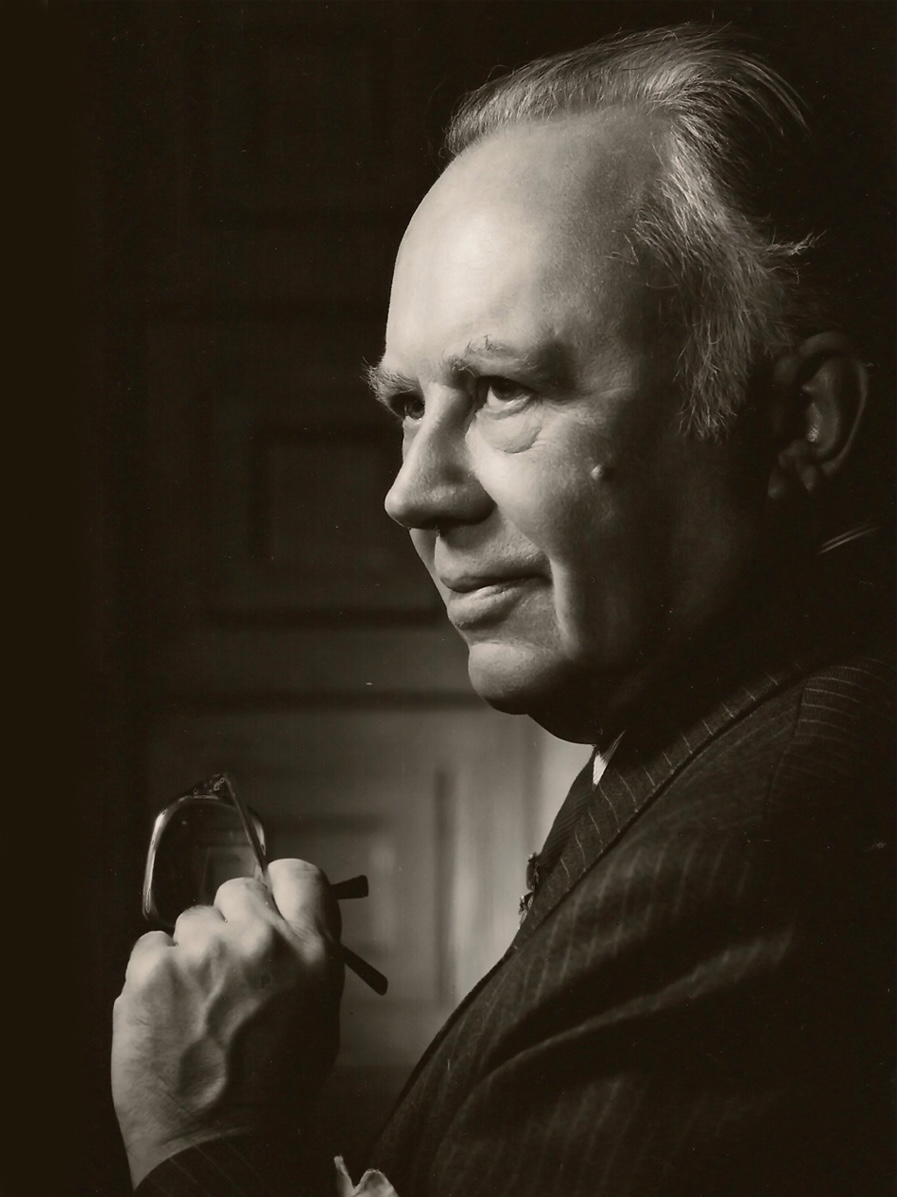Sunday, December 9, 2012
Quote #154: The Purpose of Advent
"Advent is concerned with that very connection between memory and hope which is so necessary to man. Advent’s intention is to awaken the most profound and basic emotional memory within us, namely, the memory of the God who became a child. This is a healing memory; it brings hope. The purpose of the Church’s year is continually to rehearse her great history of memories, to awaken the heart’s memory so that it can discern the star of hope."
- Joseph Cardinal Ratzinger (now Pope Benedict XVI).
Tuesday, December 4, 2012
Quote #153: those who fight the Church
"Men who begin to fight the Church for the sake of freedom and humanity end by flinging away freedom and humanity if only they may fight the Church."
- G.K. Chesterton.
- G.K. Chesterton.
Wednesday, June 20, 2012
Quote #152: the Catholic idea of government emphasizes substance over form
Some more worthwhile perspective from Pope Leo XIII:
There is no question here respecting forms of government, for there is no reason why the Church should not approve of the chief power being held by one man or by more, provided only it be just, and that it tend to the common advantage. Wherefore, so long as justice be respected, the people are not hindered from choosing for themselves that form of government which suits best either their own disposition, or the institutions and customs of their ancestors.
But as regards political power, the Church rightly teaches that it comes from God, for it finds this clearly testified in the Sacred Scriptures and in the monuments of antiquity; besides, no other doctrine can be conceived which is more agreeable to reason or more in accord with the safety of both princes and peoples.- Diuturnum (On Civil Government), paragraphs 7 & 8 (1881).
Monday, June 4, 2012
Quote #151: man as a social animal
"And indeed nature, or rather God Who is the author of nature, wills that man should live in a civil society; and this clearly shown both by the faculty of language, the greatest medium of intercourse, and by numerous innate desires of the mind, and the many necessary things, and things of great importance, which men isolated cannot procure, but which they can procure when joined and associated with others."
- Pope Leo XIII, Diuturnum (On Civil Government) (1881).
- Pope Leo XIII, Diuturnum (On Civil Government) (1881).
Labels:
conservatism,
god in society,
human nature,
religion,
social reform,
theology
Quote #150: American or English?
"America has a right to a language of its own, and to the largest share in forming that pigeon-English which is to be the 'world-language' of the future."
- George Santayana, America's Young Radicals (1922).
- George Santayana, America's Young Radicals (1922).
Saturday, January 7, 2012
Quote #149: on the value of the study of history
"The study of history is a powerful antidote to contemporary arrogance. It is humbling to discover how many of our glib assumptions, which seem to us novel and plausible, have been tested before, not once but many times and in innumerable guises; and discovered to be, at great human cost, wholly false."
- Paul Johnson, The Quotable Paul Johnson: A Topical Compilation of His Wit, Wisdom and Satire, edited by George J. Marlin, et al (New York: Farrar, Straus and Giroux, 1994), p. 138.
- Paul Johnson, The Quotable Paul Johnson: A Topical Compilation of His Wit, Wisdom and Satire, edited by George J. Marlin, et al (New York: Farrar, Straus and Giroux, 1994), p. 138.
Thursday, January 5, 2012
Quote #148: the benefits of a good wife
Happy is the husband of a good wife; the number of his days will be doubled. A loyal wife rejoices her husband, and he will complete his years in peace. A good wife is a great blessing; she will be granted among the blessings of the man who fears the Lord. Whether rich or poor, his heart is glad, and at all times his face is cheerful.- Sirach 26:1-4 (Revised Standard Version, Second Catholic Edition).
Labels:
Bible,
ethics,
family,
morality in society,
theology
Quote #147: Jefferson on the Enlightenment
[O]n the eighteen century. It certainly witnessed the sciences and arts, manners and morals, advanced to a higher degree than the world had ever before seen. And might we not go back to the ear of the Borgias, by which time the barbarous ages had reduced national morality to its lowest point of depravity, and observe that the arts and sciences, rising from that point, advanced gradually through all the sixteenth, seventeenth and eighteen centuries, softening and correcting the manners and morals of man? I think, too, we may add to the great honor for science and the arts, that their natural effect is, by illuminating public opinion, to erect it into a sensor, before which the most exalted tremble for their future, as well as present fame.- Thomas Jefferson, Letter to John Adams dated January 11, 1816, taken from In God We Trust: The Religious Beliefs and Ideas of the American Founding Fathers, ed. by Norman Cousins (Harper & Bros.: 1958), pg. 266.
Tuesday, January 3, 2012
Quote #146: true and false equality
"The only true forms of equality are equality at the Last Judgment and equality before a just court of law; all other attempts at levelling must lead, at best, to social stagnation."
- Russell Kirk (1918-1994), American writer and conservative theorist.
- Russell Kirk (1918-1994), American writer and conservative theorist.
Subscribe to:
Comments (Atom)

St. Augustine (by Sandro Botticelli)

St. Ignatius Loyola (by Francisco Zurbaran)

Benjamin Rush (by Charles Willson Peale)

Patrick Henry at the Virginia House of Burgesses (by Henry Rothermel)

Edmund Burke (by Sir Joshua Reynolds)

Samuel Adams (by John Singleton Copley)

Alexander Hamilton (by John Trumbull)



































